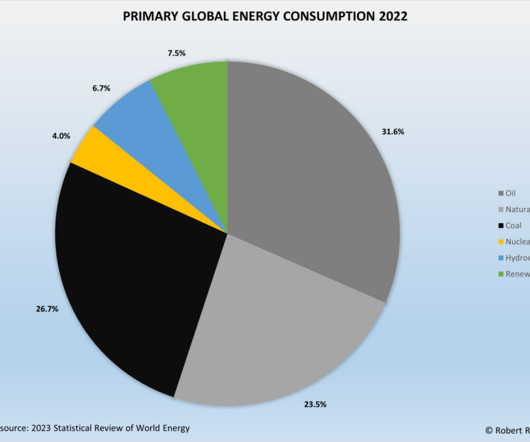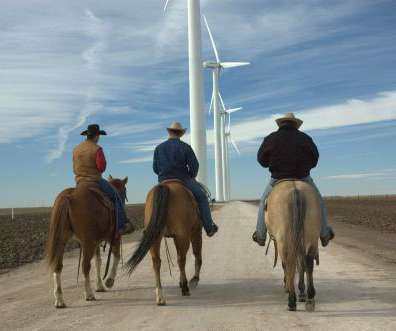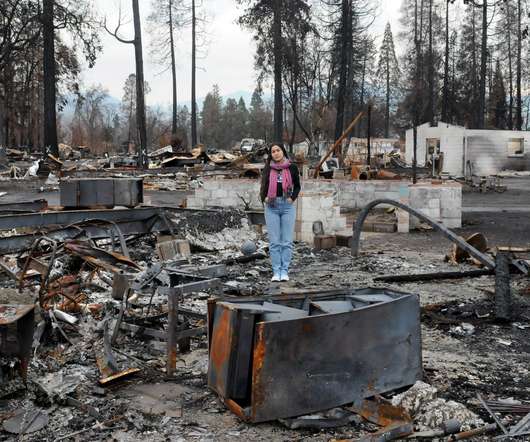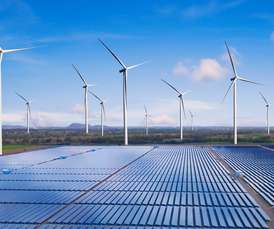Global Energy Trends From The 2023 Statistical Review Of World Energy
R-Squared Energy
AUGUST 10, 2023
As I indicated in the previous article , BP has turned over publication of the annual Statistical Review of World Energy to the Energy Institute (EI). Overview The newest Review shows the world remains heavily reliant on fossil fuels for energy needs, even as renewables like solar and wind continue rapid growth.















Let's personalize your content